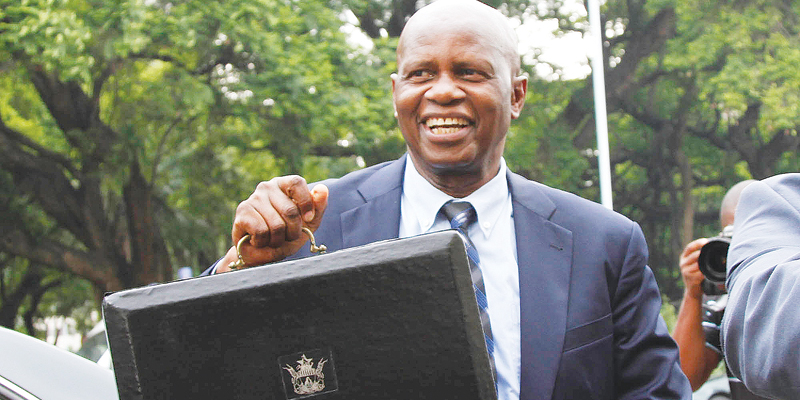
THE International Monetary Fund (IMF) is seeking donor support for the rescheduling of Zimbabwe’s debt as the country cannot qualify for the Highly Indebted Poor Countries (HIPC) initiative, an IMF official has said.
VICTORIA MTOMBA BUSINESS REPORTER
Zimbabwe’s internal and external debt stands at $9,9 billion which includes debts to the IMF, World Bank, Paris Club and African Development Bank among others.
Speaking at a breakfast meeting held in the capital yesterday, IMF head of mission to Zimbabwe Domenico Fanezzi said the country was not eligible for HIPC status.
“Zimbabwe cannot be on the HIPC status. You have to be very, very poor. Zimbabwe does not qualify for that. That’s good you are not so poor. We cannot go to the market and sell the debt as IMF and the World Bank cannot do the same, what we can do is to find a debt rescheduling and the debt comprises of debt solutions and this is exactly what we are trying to do” Fanezzi said.
“We are trying to get the support from donors and the development partners to agree on that and to find a way which your debt could be rescheduled.”
For a country to qualify under the HIPC status, it has to face an unsustainable debt burden that cannot be addressed through traditional debt relief mechanisms. The country can also qualify if it has established a track record of reform and sound policies through IMF and World Bank supported programmes.
Fanezzi said Zimbabwe should increase its capacity to repay its debt and have reserves and show that the country can implement policies that can justify its financial position.
- Chamisa under fire over US$120K donation
- Mavhunga puts DeMbare into Chibuku quarterfinals
- Pension funds bet on Cabora Bassa oilfields
- Councils defy govt fire tender directive
Keep Reading
“We are conducting a final review of these programmes perhaps in view of a more ambitious programme,” he said.
The IMF team is in the country for a third review of the Staff Monitored Programme (SMP). An SMP is an informal agreement between country authorities and IMF in which the Fund’s staff monitor the implementation of the authorities’ economic programme.
Last year, IMF managing director Christine Lagarde approved an SMP for Zimbabwe after intensive lobbying by the inclusive government as part of its re-engagement with the global lender.
Fanezzi said the country has qualified people and the institution has never described Zimbabwe’s outlook as a gloomy.
“We believed this country has high potential that has to be exploited. It has the highest human capital in Africa,” Fanezzi.
Finance minister Patrick Chinamasa said the IMF has a strong voice and what they say about one economy resonates all over the world.
“We are in the process of negotiating the successor of the Staff Monitored Programme. For this engagement I want your understanding, it is very important pillar,” he said
Chinamasa said he wants to see the debt being cancelled or rescheduled so that the economy can be relieved and the money can be used to revive the economy.
Chinamasa said the government was guilty but the IMF through the International Finance Corporation should avail credit to the private sector.
“The private sector debt is $1,7 billion and its being paid as we speak now. What is stopping the IMF private sector arm from helping our private sector?”











